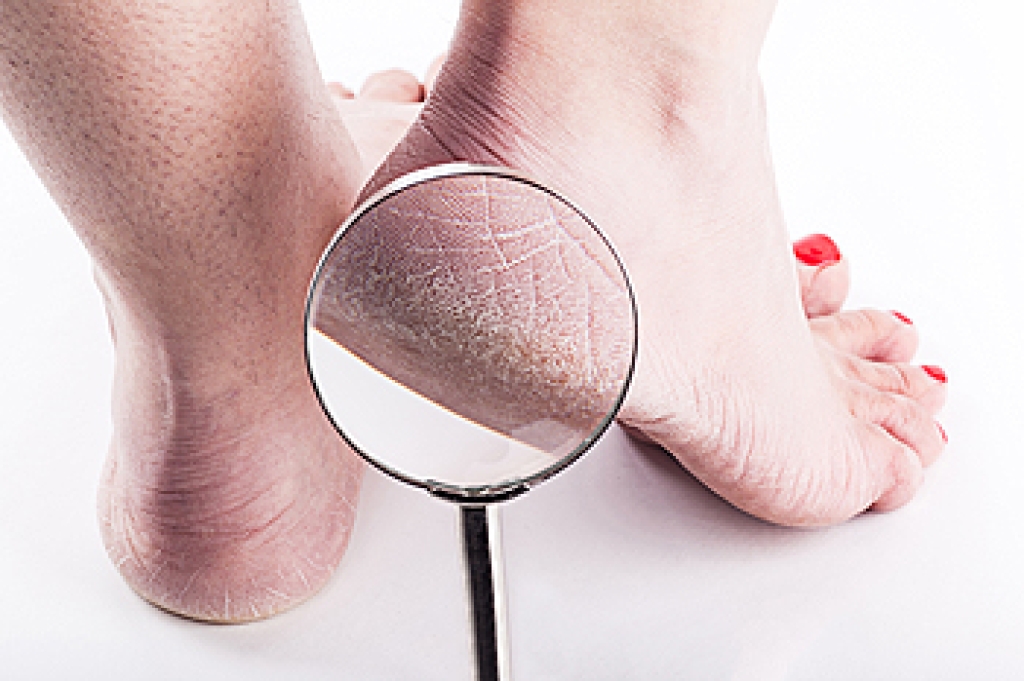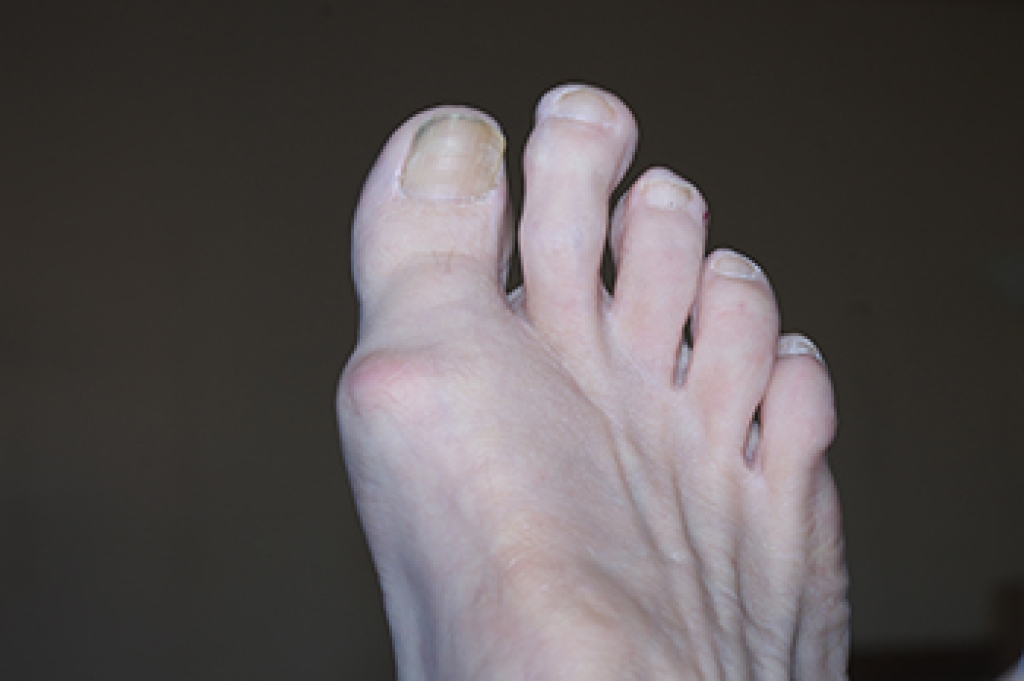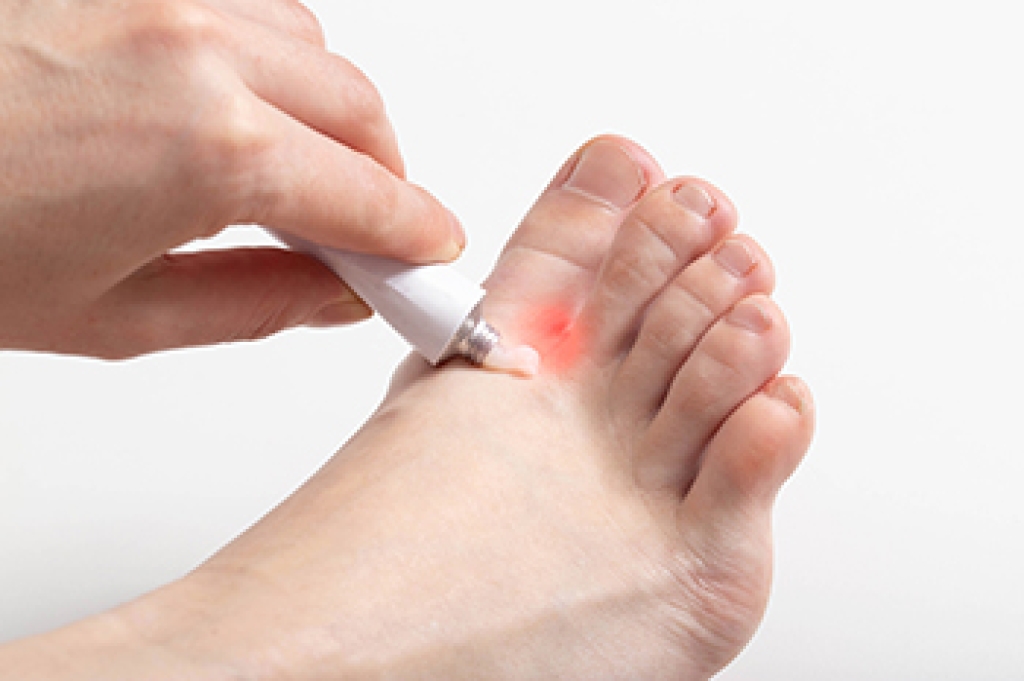
Cold weather can intensify foot and ankle arthritis by increasing joint stiffness and reducing circulation. Muscles and soft tissues tighten in lower temperatures, making movement feel more painful and restricted. To manage symptoms, keeping feet warm is important. Insulated shoes, moisture-wicking socks, and avoiding prolonged exposure to cold surfaces can help. Gentle stretching in the morning improves flexibility and eases first step pain. Wearing supportive footwear and custom orthotics reduce joint stress during walking. Low impact activity keeps joints moving without excessive strain, while rest helps calm flare-ups. Anti inflammatory treatments and occasional heat therapy may also provide relief. Paying attention to footwear indoors is just as important as outside. If cold weather regularly worsens your foot or ankle arthritis pain, it is suggested that you see a podiatrist for additional relief options..
Arthritis can be a difficult condition to live with. If you are seeking treatment, contact one of our podiatrists from Arcadia Foot and Ankle. Our doctors can provide the care you need to keep you pain-free and on your feet.
Arthritic Foot Care
Arthritis is a term that is commonly used to describe joint pain. The condition itself can occur to anyone of any age, race, or gender, and there are over 100 types of it. Nevertheless, arthritis is more commonly found in women compared to men, and it is also more prevalent in those who are overweight. The causes of arthritis vary depending on which type of arthritis you have. Osteoarthritis for example, is often caused by injury, while rheumatoid arthritis is caused by a misdirected immune system.
Symptoms
- Swelling
- Pain
- Stiffness
- Decreased Range of Motion
Arthritic symptoms range in severity, and they may come and go. Some symptoms stay the same for several years but could potentially get worse with time. Severe cases of arthritis can prevent its sufferers from performing daily activities and make walking difficult.
Risk Factors
- Occupation – Occupations requiring repetitive knee movements have been linked to osteoarthritis
- Obesity – Excess weight can contribute to osteoarthritis development
- Infection – Microbial agents can infect the joints and trigger arthritis
- Joint Injuries – Damage to joints may lead to osteoarthritis
- Age – Risk increases with age
- Gender –Most types are more common in women
- Genetics – Arthritis can be hereditary
If you suspect your arthritis is affecting your feet, it is crucial that you see a podiatrist immediately. Your doctor will be able to address your specific case and help you decide which treatment method is best for you.
If you have any questions please feel free to contact our offices located in Scottsdale, North Scottsdale, Mesa, and Sun City, AZ . We offer the newest diagnostic tools and technology to treat your foot and ankle needs.






